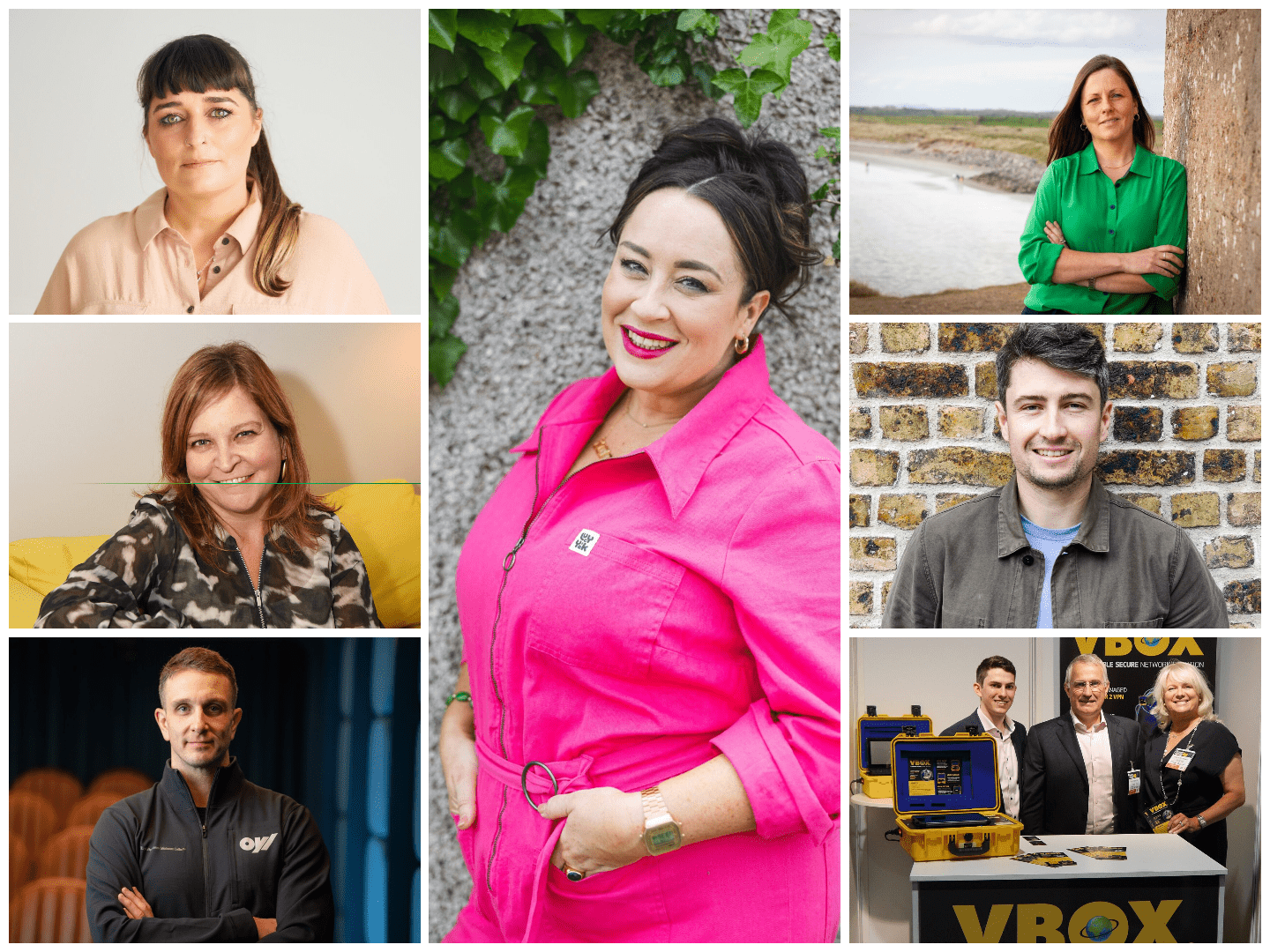This weekend, 23 start-ups and SMEs will descend on Ballymaloe, Co Cork for the 2024 edition of The Entrepreneur Experience.
Every year, the Entrepreneur Experience brings together some of Ireland’s most promising new companies.
This year, 23 start-ups and SMEs, from a broad swathe of industries – everything from tech to logistics and from hair care to coffee – will gather in Ballymaloe this weekend for the event which is organised by AxisBIC.
Across two days of events, these founders and CEOs will meet with business leaders and experts for valuable insight, advice and wisdom for growing their business and scaling both domestically and internationally.
The Currency has partnered with the Entrepreneur Experience once again this year and is joined by Cork City Council, Cork County Council, Grant Thornton, Broadlake and William Fry.
The event supports young businesses with scaling in mind and with plans to raise investment over the next 12 months. Several participants in past years have done just that with some previous companies going on to raise more than €100 million.
As final preparations are made for this weekend’s event, meet the 2024 participants in the Entrepreneur Experience.
*****
Melissa Hayward Academy: Scaling a hair academy for the industry
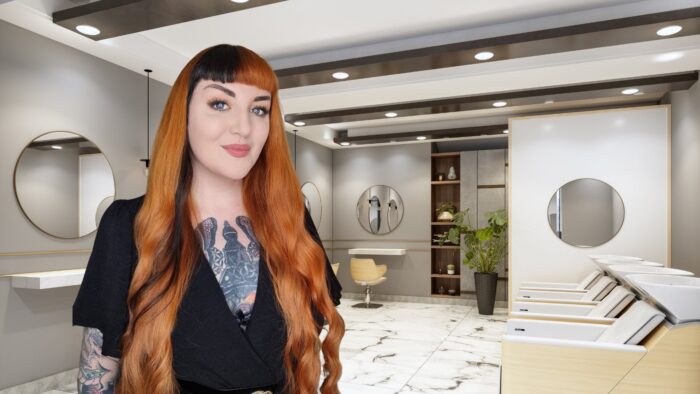
Hair stylist Melissa Hayward started her eponymous company and its Hair Extension Training Ireland programme last year to train hair stylists in better techniques for hair extensions.
Hayward completed an apprenticeship at the renowned Zoo Salon in New York before returning to Ireland to start her own hair extension salon. Her work has appeared in many TV, film, and magazine projects. Meanwhile, she sits on the board of the Irish Hairdressing Council.
She launched the training academy last year to help salon owners, hairdressers, and beauticians improve their skills to meet the growing demand for hair extensions.
“We go above and beyond to ensure that each student feels valued, encouraged, and equipped with the skills they need to succeed,” she said.
Top priorities for the academy, she said, are building up its marketing efforts and scaling internationally but that presents some logistical challenges. “Currently it’s the logistics of scaling to the UK and sending parcels post Brexit,” she said.
Hayward expects to hire up to eight people in the coming years, including roles like marketing and PR to complement the core training personnel in the business.
“I’d like for Melissa Hayward Academy (MHA) to be recognised as the standard for the hair extension industry, for clients to seek out professionals who are qualified from MHA and MHA graduates to lead successful businesses which contribute to the growth and improvement of the industry.”
Hibernia Line: Setting sail on a fresh logistics route
Aidan Coffey, the managing director of Hibernia Line, has plenty of pedigree in the shipping and logistics industry.
Coffey co-founded DFDS Seaways Ireland, a joint venture with the Danish shipping giant DFDS that runs a ferry route from Rosslare Europort to the Port of Dunkerque in France where it had a turnover of €65 million in its first year. It launched in 2021 at a time when freight carriers were thrashing out new direct routes from Ireland to France in a post-Brexit world.
Founded last year, Cork’s Hibernia Line will be operating a direct freight and passenger ferry service between Cork and Boulogne-sur-Mer in France, running six days a week. The two-pronged business is serving both cargo moving between the two ports and what it has identified as an under-served route for passengers. It plans to kick off its first journeys early in 2025.
Coffey said that his company is keen to forge new industry contacts through the Entrepreneur Experience and is particularly interested in hearing from those who have made the leap over those first hurdles in launching a start-up.
Coffey said that the top differentiator for the company is that it can have “immediate revenue generation from go live, with a positive cash flow from the first month of trading” but added that raising funding is a high priority too.
“The company has an ambitious vision of scale, to achieve a €500 million turnover within five years, with an average yearly expected Ebitda of 25 per cent,” he said. He expects Hibernia Line will employ between 300 and 500 people in five years.
OYL: Coffee with a health kick
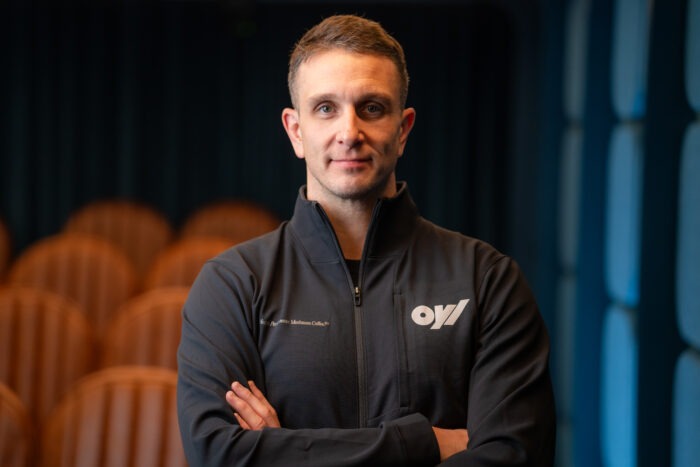
OYL is a three-year-old mushroom coffee brand led by James McCormack. OYL, or Optimise Your Life, develops coffee with medicinal mushroom extract for a health-focused coffee product. The product is targeted at coffee lovers looking to manage their health better while still getting their coffee fix.
To date, the company has established a presence in Ireland but is now eyeing up the UK market where it has identified a growing health coffee market and demand for wellness products.
“Medicinal mushrooms have changed my life and I started this business so others can experience what I have. I’m proud to say that thousands of people are drinking OYL today,” said founder James McCormack, who brings his 15 years of experience in the coffee industry to this new venture.
“This deep industry knowledge has allowed us to source, roast and grind a coffee that tastes amazing. Our competitors don’t have this insight so the baseline for them is to source the cheapest coffee, which inevitably tastes awful. We targeted this as our USP,” he said.
The UK market and retail expansion are top of the agenda for OYL and McCormack said that managing cash for these expansion efforts will be the biggest challenge for the company but remains confident in his experience to make that vision a reality.
Lia Eyecare: Addressing an unmet need in eyecare

Dry eye disease is a very common condition that affects hundreds of millions of people worldwide. It is why Breda O’Regan and Sinéad Buckley started Lia Eyecare, a Cork firm that has developed a wearable to treat the condition.
Its product, Nightleaf, is worn by the patient and stimulates natural tears overnight while not disturbing the patient.
Lia Eyecare was born out of the BioInnoavte programme, which has spawned several successful medtech start-ups in Ireland.
The founders’ backgrounds bring a mix of finance and healthcare to Lia. Prior to starting the health tech company, O’Regan worked in several finance roles in large multinationals, including Johnson & Johnson. Buckley, meanwhile, is an engineer and pharmacist.
Nightleaf remains in the research phase and the duo are aiming to ramp up with funding.
“Our biggest challenge has been securing investment in the capital-intensive medical device sector while working within tight time constraints,” the co-founders said of their participation in the Entrepreneur Experience. “We’re seeking advice from seasoned entrepreneurs on how to optimise our approach for the next funding round and position ourselves for long-term success.”
They said that Nightleaf has a unique opportunity to address the market for dry eye disease treatments as a non-invasive, drug-free, wearable medical device and hopes to follow their peers from BioInnovate by building a medtech champion in Ireland.
“Setting up our business in Ireland has given us a significant competitive advantage. Over the past five years, we have greatly benefited from this through the BioInnovate and commercialisation programs, which have provided us with crucial funding, networking opportunities, and ongoing support to drive our innovative product at speed.”
Mameon: Bringing AI tools to SMEs
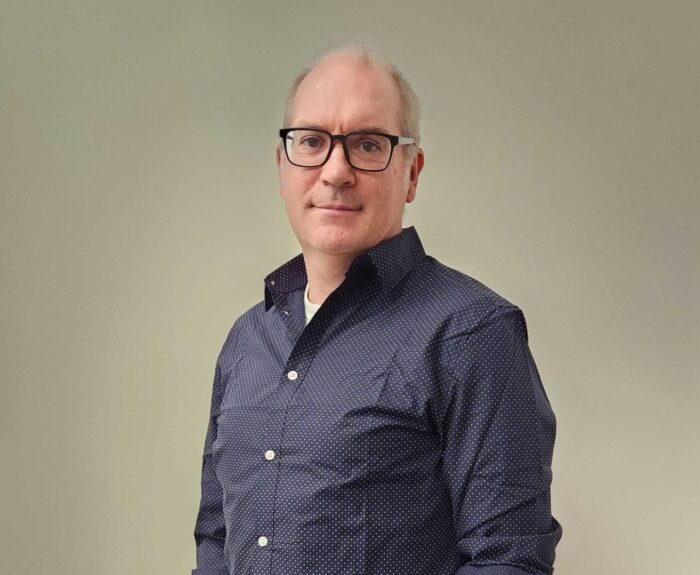
Jason O’Mahony has done the rounds in both Irish film and TV and in Silicon Valley. He has made documentaries for RTÉ and helped the southwest of Ireland become a film location. In more recent times, he has worked at edtech company Udacity.
He’s now marrying those two sides of CV with Mameon, an AI platform for SMEs and start-ups to make advertisements end to end, whether it’s video, audio or imagery.
Mameon is tapping into the ways that AI is making it easier for smaller companies to create content.
“Our customers log on, spend 15 minutes on our platform and our models and agents create fully fleshed-out campaigns,” O’Mahony said. “It’s an amazing piece of technology that will literally transform how SMEs connect with their customers, allowing them to compete with the big boys for the first time in history.”
O’Mahony is now looking for a CTO to join the company in order to ramp up the platform and is on the hunt for funding to make it all possible.
“There will definitively be a billion-dollar business doing what we do within 36 months. We’re fortunate in that it can’t be one of the incumbents. Google, for example, can’t create ads that will run on Facebook and vice versa,” he said.
“We have the right idea at the right time. We don’t yet have the right team and that’s a massive shortcoming. Ultimately, whether we can be that billion-dollar business depends on our ability to build that team and execute the idea.”
Pioneertown Productions: From Marvel comics to building brand-new IP
Pioneertown Productions was founded in 2021 by Marvel comic book artist Will Sliney and award-winning producer Jonathan Loughran. The company plans to produce children’s content across multiple platforms, from TV to film and comic books to toys.
Loughran previously ran Screen Ireland’s Los Angeles office and was head of production at Troy and Ardmore Studios. Sliney is best known for his art on comic book titles like Spider-Man and Avengers, while he has produced kids TV series for RTÉ and Sky.
Cork’s Pioneertown Productions brings the two’s expertise together. It has two TV series in production for RTÉ and Sky while it produces animation and live-action TV series for several international markets.
“We’re developing a new IP consisting of an animated kids TV series, and accompanying graphic novel and line of toys packaged with art tools and tutorial videos taught by world-renowned artist Will Sliney,” Loughran said.
Pioneertown is ambitious, developing both TV shows and merchandise for retail with Loughran adding that developing and manufacturing a toy line and getting it stocked in a major retailer like Smyths was a challenge.
“We believe we can own the arts and crafts aisle in every major toy store in the world given the global reach of our existing shows featuring Will as the presenter,” Loughran said.
Being a production company in Ireland has benefits, he said, but the ambition is international.
“There are good supports in terms of tax incentives and grant aid for newer businesses like ours, but no comparable companies given our niche focus on kids and art,” he added.
Restore Innovation: Putting nature at the heart of offshore energy
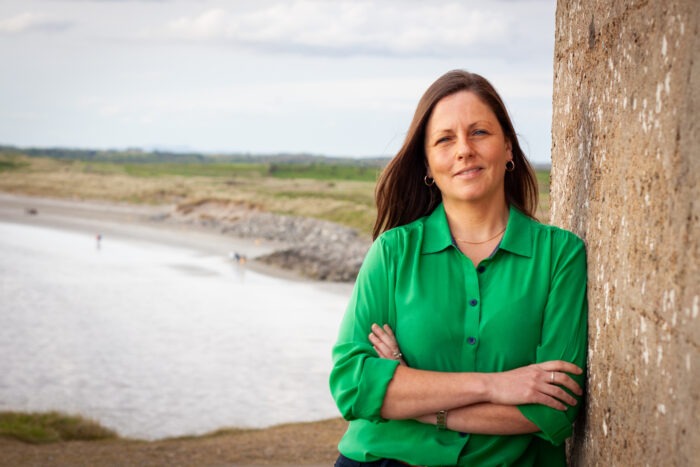
Restore Innovation wants to help offshore energy developers think about nature-inclusive design.
The company was founded just this year and is led by Dr Sarah Cosgrove, who comes with 18 years of experience in the marine sector with a focus on marine biodiversity and offshore renewable energy.
The mission of Restore Innovation is to support the offshore energy sector in designing their projects with nature and biodiversity in mind
“Our marine planning tool tests the suitability of a solution, helping minimise both biological and economic loss upon deployment and we are now developing solutions to monitor, long-term, the positive impact of an integrated solution,” Cosgrove said.
“This service can help bolster a wind-farm planning application and de-risk the project from an environmental perspective, helping to increase a project’s social acceptability and increase the responsibility of nature sustainability.”
Taking part in the Entrepreneur Experience, Cosgrove is hoping to gain insights on growing her business from the very early stages it is currently at. Top of that agenda is devising a pricing strategy for international markets.
Cosgrove hopes to create 12 to 15 jobs in the next five years and possibly more depending on expansion internationally.
“The goal is to serve the global market and grow with the industry’s needs for biodiversity enhancement planning and monitoring while continuously using best-in-class data sources and cutting-edge technology.”
Revelate Fitness: Building a global fitness brand
Chris Kenefick started Revelate Fitness two years ago as a tech platform that helps gyms run their cardio and conditioning classes.
Revelate’s app provides a 45-minute high-intensity cardio workout that includes rowing machines, bikes, and ski machines with each lesson tailored to the individual.
Having developed the software, Kenefick is now thinking about how to grow, as he takes part in the Entrepreneur Experience.
“Changing industry norms [is a challenge],” Kenefick said. “Revelate is new so getting gyms to try something new and change habits is very challenging. Revelate can integrate with existing gym equipment so the gym does not have a significant capital outlay to get the system setup.”
In Kenefick’s experience, he has found it hard to develop the business so far: “I find getting Irish businesses to support Irish start-ups very difficult.”
Nevertheless, he has ambitions to turn Revelate into a globally recognised fitness brand. He envisions employing about 50 people within the next five years.
In the shorter term, his top priorities are scaling the company internationally, raising funding and building a strong brand.
Roamr: Move over Airbnb, here comes Roamr
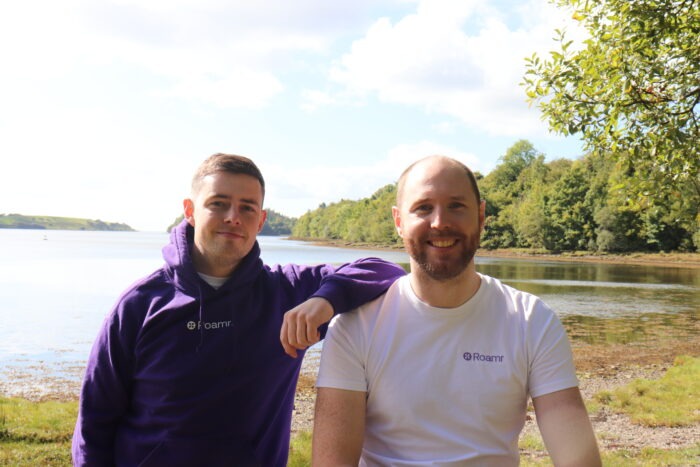
Although it was only founded two years ago, Roamr’s roster of clients already includes tech giants such as Dell and Irish start-ups like Protex AI. Meanwhile, it has raised funds from a host of heavy-hitting investors including the former managing director of Meta Ireland Rick Kelley, ex-Shopify chairman John Riordan, and John Collins, the former head of content for both Intercom and Ramp, and a contributor on technology for The Currency.
All are enthused by the company’s technology, which aims to help companies save 30 per cent on corporate travel accommodation by paying employees to host their work colleagues as an alternative to staying in hotels.
The company, which was founded by Stephen Dooley and Jason O’Gorman, has customers in the EU and the US and users in 83 countries. It has already secured partnerships with some of the leading players in the future of work like Deel, Oyster and Remofirst.
“There is little incentive in place when choosing between staying in a hotel or Airbnb for work trips,” according to Doorley and O’Gorman.
“With Roamr, you get paid 30 per cent of the nightly budget and you create that financial opportunity for a team member. You get to connect with colleagues and the company drives culture.”
The founders said that the business was “globally ambitious by default”.
“Our vision for success is that when people are travelling they are thinking ‘Will I book a Roamr, hotel or Airbnb?’” they said.
The company has not put a number on how many it will create in the next five years. “We look up to companies like Intercom and Stripe and think, why not us? Cork has seen a huge boom in our space too, with the likes of Teamwork, Workvivo, Poppulo and Global Shares who’ve all created hundreds of jobs, so let’s follow their lead and do the same and more,” the founders said.
Sports Impact Technologies: Tackling undetected concussions
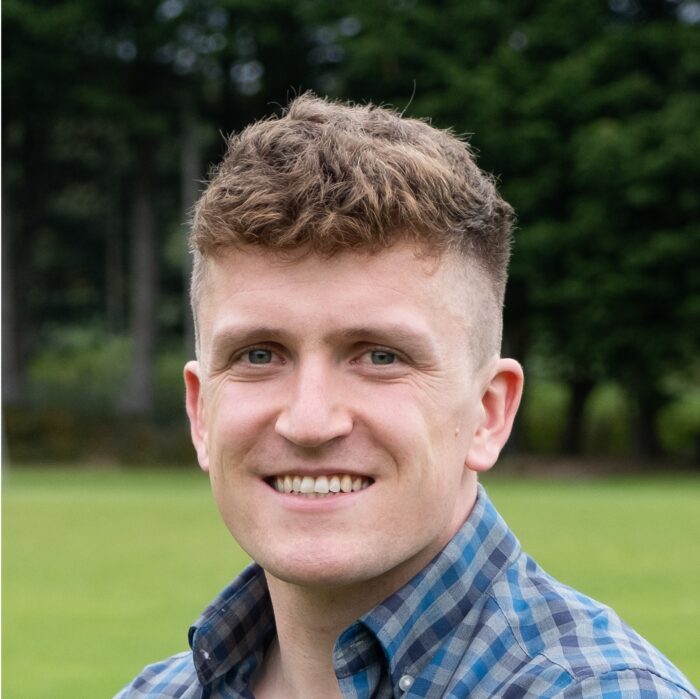
A mechanical engineer, Eóin Tuohy worked at the European Space Agency (ESA) in the German city of Cologne developing wearable technology and medical devices for space flight.
An avid sports fan and GAA player, he realised that many of the miniaturised devices he was working on for use in space could be used in the sports field. Sports Impact Technologies was born.
The company, currently in pre-revenue phase, is developing a wearable device to detect all head impacts as they happen.
Tuohy said that the device was “sports-agnostic” and “player-agnostic”, and its real-time functionality enabled “immediate intervention and better-informed decisions about player safety”.
“Unlike our competitors, we offer real-time data transmission, comply with the latest safety guidelines, and provide a unique skin-mounted solution that doesn’t require gumshields or helmet mounting,” he said.
Sports Impact Technologies has developed its minimum viable product and completed field tests. “We have submitted a patent with the UK patent office and an international patent application with the PCT. We will be conducting unpaid pilots with clubs next month,” Tuohy said.
Tuohy said that the company’s product development needs to be done quickly but that its path was clear. “I honestly can see it being a global business with the solution being recognised in all impact sports and beyond sport,” he said.
Tuohy said the company aimed to lean into the burgeoning sports tech ecosystem in Ireland. “We have a unique ecosystem here with some of the world leaders in sport, sport research, and sport business,” he said.
VBOX: A box that can accelerate “time to production”
VBOX is very much a family affair.
Mark Sorensen, a veteran of the ICT and pharma sectors, is a co-founder and technical director, while Elaine Sorensen, a director and co-founder of the business, has worked on partnerships, brand development and business positioning.
Together, they want to make VBOX a “ubiquitous tool” for systems integration testing across global manufacturing.
The company’s product, the VBOX, enables the integration of machines in different locations without installing any software. The product is not for sale and is instead leased out to customers.
The company says it can accelerate time to production for the manufacturing industry, allowing them to start manufacturing quicker.
“VBOX shortens lead time, boosts revenue, cuts travel, reduces carbon footprint, and increases productivity and efficiency,” the founders said.
VBOX was initially registered in 2013, and underwent rigorous testing in the pharmaceutical industry for almost a decade until its launch in 2022. The founders said that the pandemic highlighted the advantages of remote integration capabilities, and it is currently raising funds to take advantage of the market opportunities.
“There is no other product similar to VBOX on the market that provides portable secure connectivity. Unlike remote-access technologies, VBOX targets the project build stage before live production, enabling seamless remote integration of systems and machines ahead of delivery,” according to the founders of the business.
CogniTherapeutics: The Apple of brain health
Ollwyn Moran is an internationally recognised child development expert, working as a neurological developmental therapist with children with additional needs and behavioural challenges for more than 25 years.
She also lectures at NUIM, Trinity College Dublin and Hibernia College, and is a frequent media contributor on issues relating to child development. Indeed, she has been warning publicly about the impact of screen time on children for more than a decade, long before it became a common topic.
Her company, CogniTherapeutics, is focused on developing, maintaining and enhancing cognitive functions for all ages and stages.
“Using science, innovation and user-centric design, we create aesthetically pleasing physical and digital products engineered to support healthy brain development. Our products are beautiful, simple and easy to use, but it’s the science you can’t see that makes them special,” Moran said.
“Our technology stimulates neural skills acquisition and development in young people and also has huge benefits for other groups of people!
The company has developed two consumer-facing brands. Cognikids is targeted at children and CogniCares is for older adults, athletes, rehab and medical use.
“We have a global dream. We are currently working our way in securing representation and distribution in different regions and territories globally,” Moran said.
“The problem is global, therefore the solution is global also.”
Moran said the company was developing an app, which she said was a game changer in terms of child development. “Once this is launched, we will do similar for older and rehab populations,” she said.
“I like to say that we are the Apple of brain health – a lot of science goes into making our products effortlessly intuitive, but with life-changing benefits that help people thrive.”
Connect Green: Tracking the path to net zero
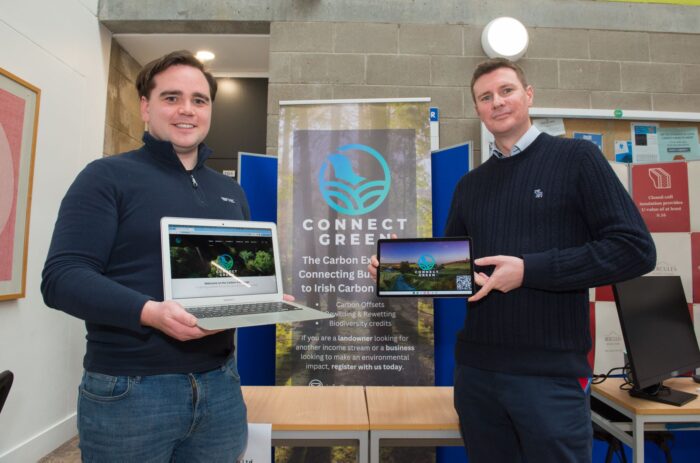
John Kelleher is a former senior leader at VelocityEHS and Accenture with a strong background in carbon and sustainability. Conor Hall previously worked with Fexco and SMBC, as well as founding an ESG business.
Now Kelleher and Hall lead Connect Green, a carbon accounting and nature asset management SaaS platform.
Large companies have committed to net-zero or reduced carbon emissions. However, they also need a way to manage, account for, report and purchase nature and carbon assets.
This is where Connect Green comes in, aiding C-suite executives to manage the process.
As a start-up, our biggest challenge is rapidly scaling to meet the demands of our large corporate customers while managing limited financial and human resources,” said Kelleher, the company’s CEO, and Hall, its COO.
The team said that its current priority was developing a strategy to scale effectively “as we weigh up what decisions we will need to make regarding hiring and development”.
Kelleher and Hall said that, unlike the firm’s competitors, it helped companies account for and manage carbon and sustainability while also providing an effective way to offset their emissions.
“The ConnectGreen SaaS platform is an end-to-end, nature-to-balance-sheet system for large businesses to manage nature assets and emission liabilities, monitor sustainability, and produce reports,” they said.
“It simplifies carbon accounting, leading to significant cost savings and efficiency, while also enabling companies to purchase local carbon and biodiversity assets, supporting local communities and ecosystems, which adds a strong social responsibility element.”
The Connect Green leadership said they were driven by a sense of mission. “The climate crisis is the biggest issue facing humanity and the planet as we know it. We may never be big enough to tackle it single-handedly, but we do aim to be big enough to make a measurable change to nature and our environment,” they said.
Institute of Sustainability Studies: Online education in sustainability
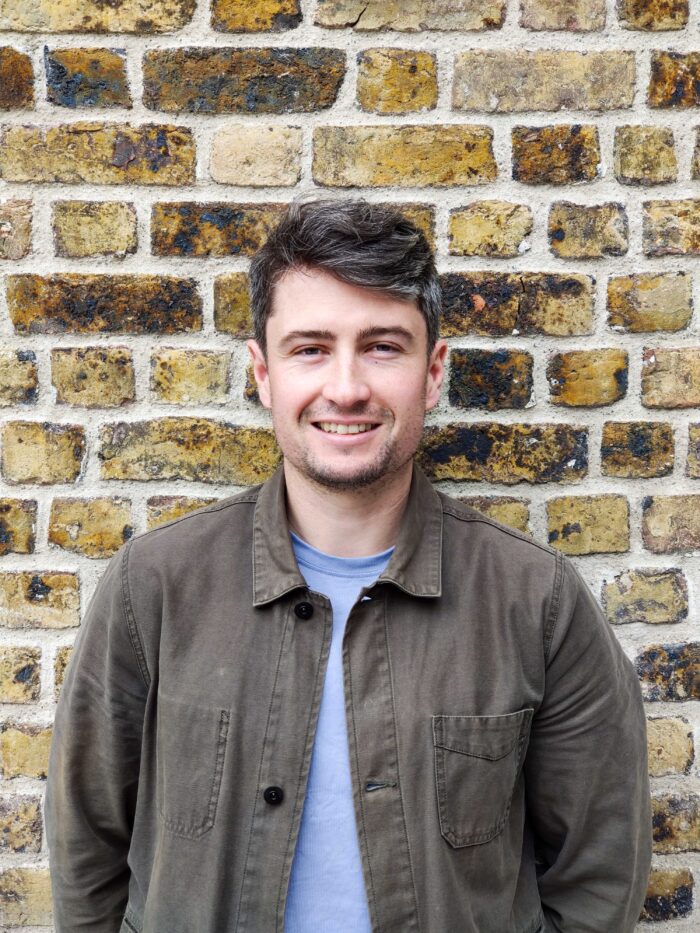
In his previous roles with Sway, Clearstream Solutions, and KPMG Sustainable Futures, Niall Collins advised a wide range of organisations on sustainability and reducing their carbon footprint.
Now, he is taking it further with the Institute of Sustainability Studies, a pioneering educational institution that works with professionals and organisations to lead the charge towards a sustainable future.
The Institute creates and delivers practical, hands-on, comprehensive, and university-credit-rated courses in business sustainability.
Collins, the company’s chief executive, said its big focus was enhancing and building scale through its enterprise channel.
“There is a growing need to implement sustainable practices within businesses to meet growing regulations, build resilience to climate risks, and maintain profitable growth by meeting changing stakeholder demands,” he said.
He said the Institute was poised to partner with businesses to support the development of company-wide sustainability training programmes.
“A key differentiator for us is our focus on practicality. We provide our participants with the knowledge to take actionable steps upon completing our courses and the tools and templates to help them implement sustainable practices in their businesses. Accredited education is also a key differentiation, as we can offer our participants the ability to gain university and CPD accreditation upon completion of our courses,” he said.
Over the next years, Collins said the business would create between 30 and 50 jobs. “The sky is the limit,” Cullen said “This is a global challenge and will require a global solution which we can scale to meet.”
The company’s founders are Collins, serial entrepreneur Anthony Quigley, businessman Brendan Nevin, and Justin Cullen, a former executive with with advertising agency Core.
Sligo Oyster Experience: Bringing Sligo oysters to the world
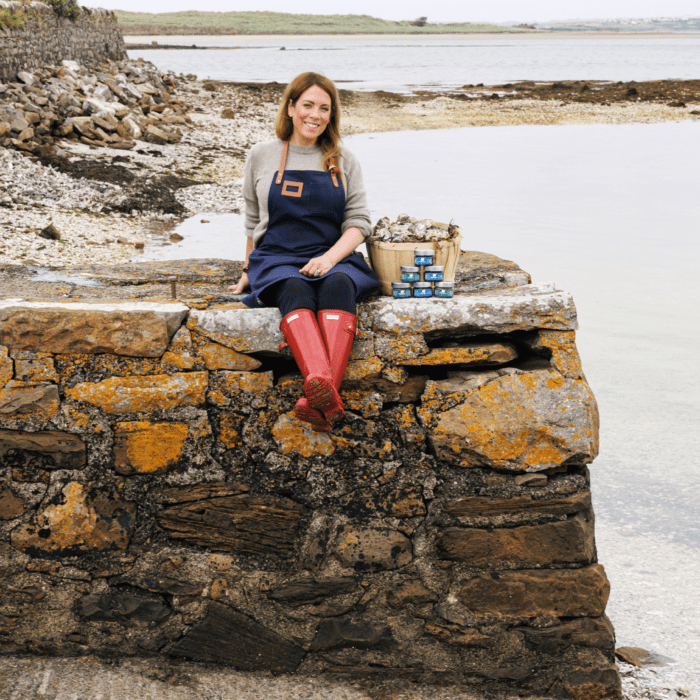
After spending a number of years studying and working abroad, Aisling Kelly Hunter returned to her roots and settled in her hometown, Sligo.
Shortly after, she opened a café named WB’s Coffee House in 2014, located on the premises where her father had previously run the family-owned pub.
She was introduced to oysters by her now husband, an oyster farmer. Combining their interests, Kelly Hunter developed the Sligo Oyster Experience in 2018 after spotting a niche in the market.
Kelly Hunter said they bring “the customer on the journey of not only Sligo oysters but our journey in business and how it led to creating oyster farm tours and tastings in our café WB’s Coffee House”.
“Oysters are graded according to size for the fresh market. However, some oysters can have shells that are shaped in a way that’s unsuitable for sale on the market – they might be too big or too small – but still hold high-quality meat. This is where my idea of pickling oysters emerged; removing them from their shells and using water, mint and lemon balm balsamic ingredients to complement their sharp briny and rich taste,” she said.
She added: “I think Sligo Oysters can reach heights I can’t imagine yet but I would love to sell to niche premium markets.”
ArrayPatch: Transforming intradermal care
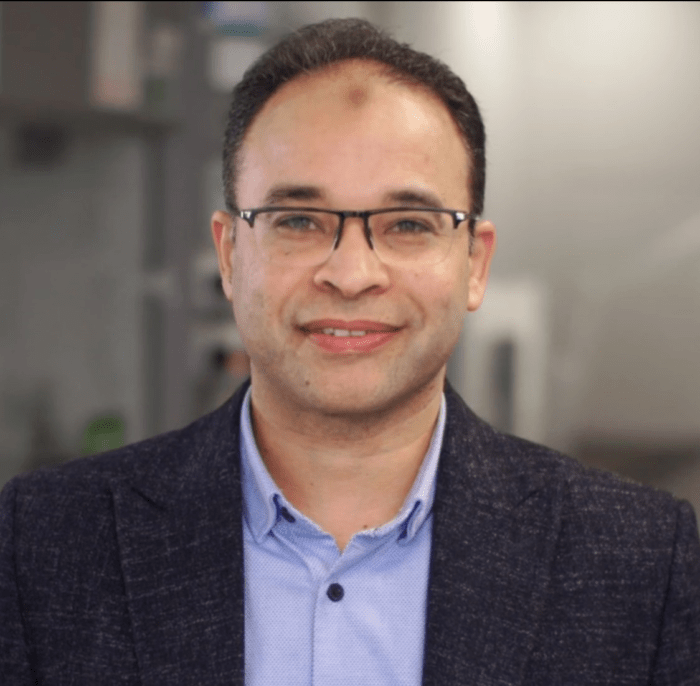
Medtech start-up ArrayPatch aims to dramatically improve the delivery of drugs through intradermal needles. The Cork-based pharma company was co-founded by Dr Waleed Faisal, who also serves as its chief executive. Faisal has led several Enterprise Ireland projects with a budget of over €1.3 million. Prior to starting ArrayPatch, Faisal was a quality assurance scientist at Dublin-based Xeolas Pharmaceuticals.
Faisal is the named inventor of ArrayPatch’s DerMap, which is a microneedle patch that is roughly the size of a small coin. Once applied to the skin, it then starts to “dissolve and release medication”.
The company plans to initially enter the “underserved” dermatological market by focusing on treating nail fungal infections. ArrayPatch plans to launch products into the market using its own brand name. It also believes there is room for its product to eventually help with the likes of psoriasis, skin cancer, and hormone replacement therapy.
Faisal is a formulation scientist by training and boasts a PhD in pharmaceuticals from University College Cork. He has also won multiple awards with his technology, including at the Irish Pharma Awards 2022, the Ideate Ireland Award in 2023, and the SSPC Commercial Activity of the Year Award 2022.
“Existing solutions offer partial fixes but fall short because of low efficacy, potential significant side effects, fungal recurrence and long treatment duration,” Faisal said of the competitors in the marketplace. “This creates significant pain points for patients who are in need of an effective solution that addresses the root cause and not just the symptoms, one which provides a durable cure.”
ArrayPatch plans to create over 12 jobs in the next five years, including six in general administration roles like chief operations officer and chief financial officer, as well as further roles in R&D, quality assurance, and sales and marketing.
Capisso: Curbing human error in accountancy
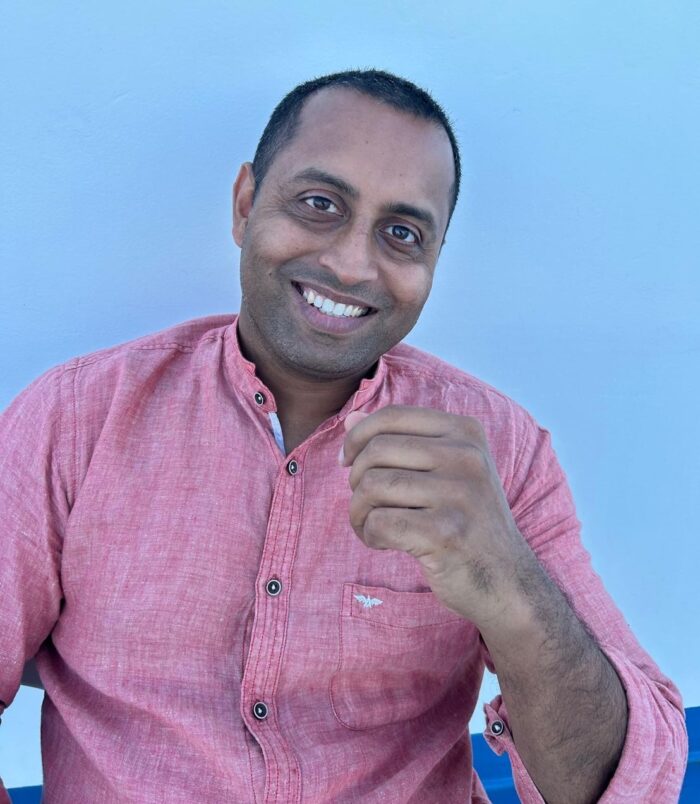
Accounting software company Capisso has developed an AI-powered platform that aims to automate bookkeeping tasks and provide real-time fraud detection. The Cork-based business uses natural language processing and machine learning technology to curb human error and streamline financial operations. Capisso, founded in 2021, services clients across both Ireland and the UK.
The company was set up by software developer and business consultant Pratheesh Chambeth, who was born in Kerala in India. Chambeth touts master’s degrees in artificial intelligence and project management from the University of Westminster and the University of Limerick respectively.
He dreams of turning Capisso into one of Ireland’s first 10 unicorns – businesses valued in excess of €1 billion.
“Our goal is not just to achieve a billion-dollar valuation but to fundamentally transform the accounting industry on a global scale,” he said. “By leveraging innovative AI-powered solutions, advanced natural language processing, and machine learning, we aim to enhance financial accuracy, automate bookkeeping tasks, and provide real-time fraud detection for businesses worldwide”
Chambeth added that the biggest challenge facing the business was “securing the necessary investment to rapidly scale and expand its operations”. He also added that over the next five years, he planned on adding 100 jobs depending on various factors including market conditions and the pace of the company’s growth.
Doctrine Skincare: Cult-level skincare
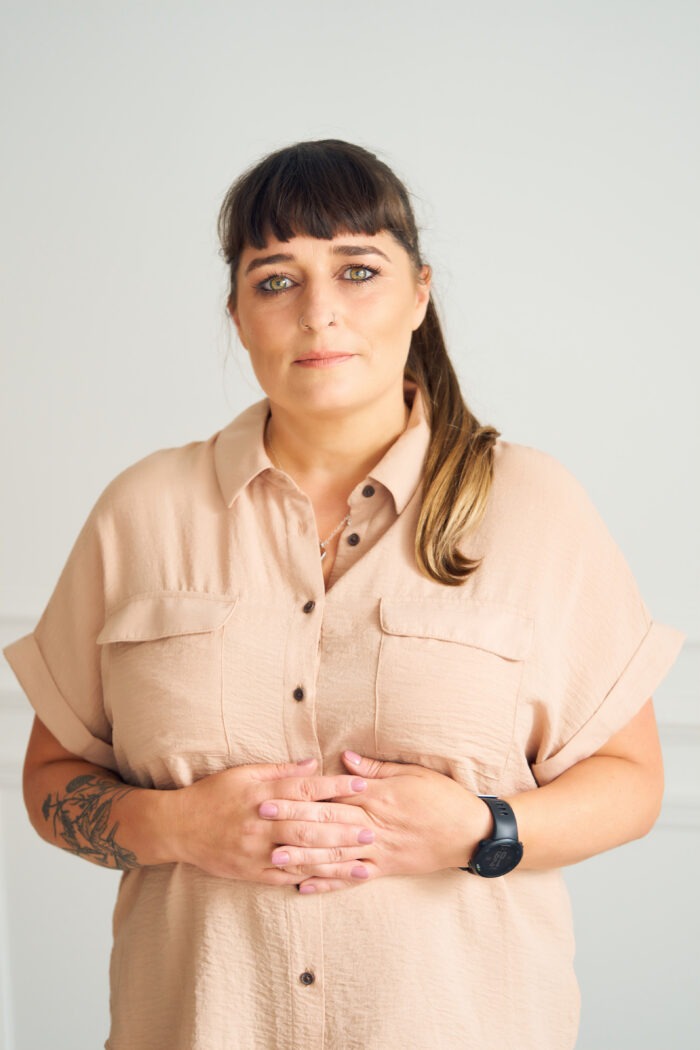
Doctrine Skincare has global ambitions. Founded this year by a trio of industry veterans, the company has produced skincare products it believes are “worthy of cult-level obsession”.
The Cork-based company already offers a series of balms, serums, and gift packs. Co-founder Tracey Ryan heads up research and development at Doctrine Skincare. The establishment of Doctrine comes after Ryan successfully built and sold her first company, Bia Beauty, to US firm Codex Beauty.
Ryan touts an honours degree in herbal science from MTU as well as a higher diploma in cosmetic chemistry, a postgrad certificate in skin and hair follicle health, and an HDip in sustainability and climate action for enterprise.
“We design products with efficacy at their core using innovative active ingredients. We believe that skincare should be a luxurious experience and so we use colour, scent and texture to create that sensory delight,” she said.
“We also believe that luxury does not need to be at the expense of sustainability and we show through the use of elegant recycled and recyclable containers, compostable packaging and biotech and circular economy materials that luxury and sustainability can go hand in hand.”
Ryan identified standing out from competitors as the largest challenge facing the business but added that its in-house cosmetic chemist was a key selling point.
Donna Reilly People and Wellness: Coaching and developing top teams
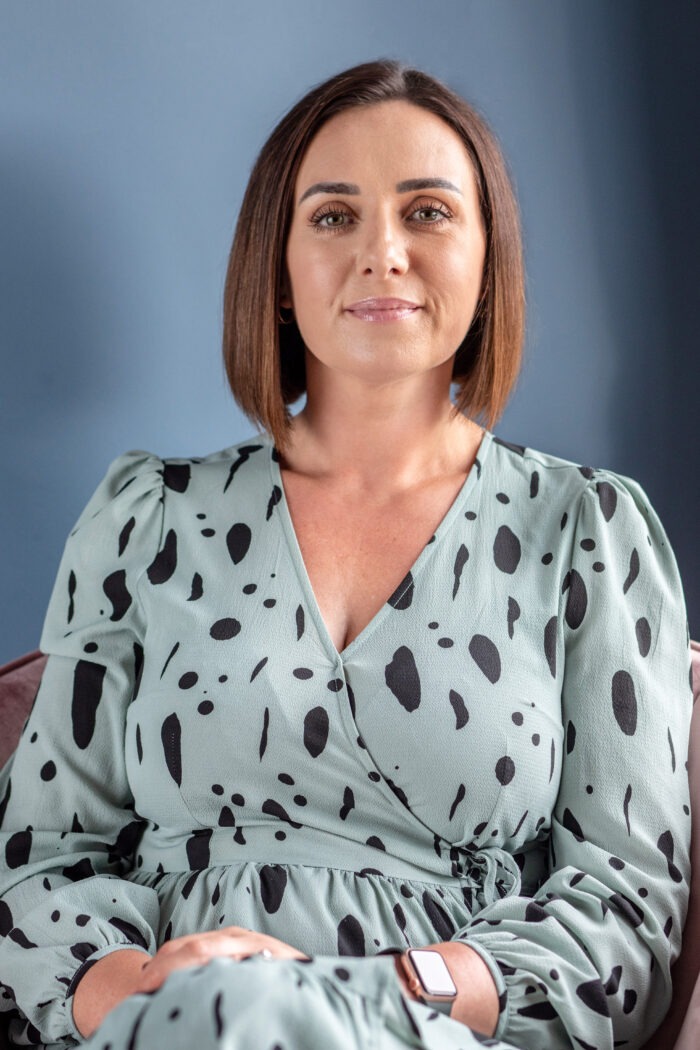
Donna Reilly People and Wellness (DRPW) offers coaching and development as well as wellbeing workshops and HR consultancy services for both individuals and teams within larger organisations.
The business, which was first founded in 2020, employs 23 people and targets both SMEs and large-scale corporate clients. It counts the likes of VHI, Zurich, Ornua, and Uisce Éireann among its customers.
“Our key strength is deep relationship building and truly connecting with clients, understanding their needs and developing positive people solutions to meet these needs,” Reilly said.
The company’s growth has been rapid, going from one client at the end of 2020 to over 150 in 2024. Revenue at the firm has also risen in step, going from €10,000 in 2020 to over €325,000 last year.
DRPW also plans to continue that growth in the coming years. Reilly said the company had made “significant reinvestments” back into the business this year, including into its CRM systems and an expansion in headcount. She added that she predicted sales of around €668,000 next year, a figure that will rise to €724,000 in 2026.
“My current challenge is transitioning fully into the role of CEO, shifting my focus from working ‘in’ the business to working ‘on’ the business,” she said.
“Working ‘on’ the business means rebranding the company and developing a solid marketing strategy to drive future growth. I also need to create the space to execute plans for our existing ideas and opportunities — such as our HR consultancy service, wellbeing journals, HR subscription model, and the Wellbeing Expo.”
Emotionise.ai: Putting empathy in AI
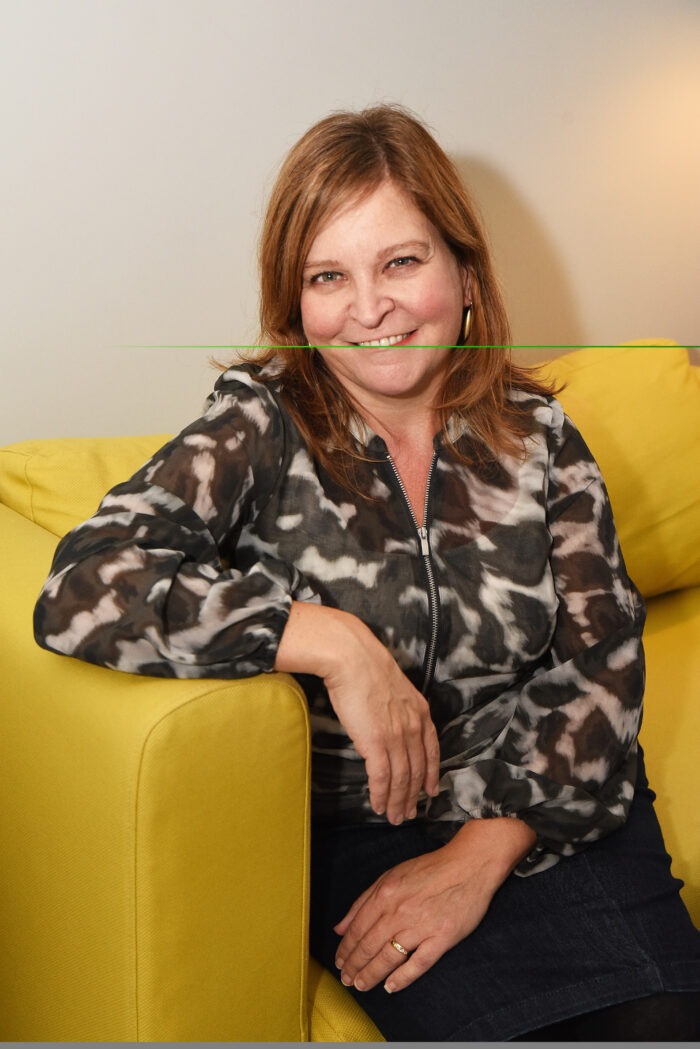
Cork-based Emotionise AI has built a generative AI model that has been trained with emotional intelligence “at its core”. The company’s tech aims to help businesses develop more emotionally engaging communications with both employees and customers.
Emotionise aims to tap into the increased profitability that comes when customers feel more engaged with a brand. The company said that developing a more consistent tone of voice when communicating can help reduce both customer and employee churn.
The company’s tech can be used in tools like Gmail, offering the author of an email better and more empathetic ways of communicating.
Marie Toft, who previously worked as a TV reporter and producer as well as a documentary maker for the BBC, SBS Australia, and RTÉ, is among the company’s founders, alongside Siva Sharma and Tim Pat Dufficy. She studied psychotherapy in University College Cork in 2018 and has combined her communication skills with her UCC education to help develop Emotionise.
“We harness the power of emotional intelligence with human-trained AI and, unlike Microsoft Co-Pilot or Chat GPT, we create bespoke AI models trained in an organisation’s tone of voice, style, values and emotional intelligence,” she said.
Toft said that she aimed to create around 60 new jobs over the next five years and aimed to get to €2 million in annual recurring revenue by 2026.
Flexera: Making reformer pilates much more accessible
Hannah Joyce won plaudits for her first company, Akroo, which set about delivering skills training, coaching, and mentoring for employees through an online learning platform.
Now she’s back with her second company, Flexera, which aims to make reformer pilates much more accessible through the sale of at-home reformer machines. The machines themselves, which fold out like a bed but include straps and a footrest, range in price from €2,000 right up to €3,100. Reformer pilates is known for helping to improve flexibility, strength, and overall stamina.
In addition to the beds, Flexera has also developed an on-demand app that enables users to engage in both live and recorded reformer classes ranging from 10-minute sessions right up to more intense 60-minute workouts.
Joyce, who founded the company earlier this year, said that it had already generated €100,000 in revenue in three months with orders coming from Ireland, the UK, mainland Europe, and the United Arab Emirates.
“We envision Flexera as a global leader in the home-fitness space, not just providing reformers, but empowering a community of fitness enthusiasts and studio owners around the world with accessible equipment and technology-driven solutions,” Joyce said of her new business.
The Flexera founder added that the company’s reformers differed from the competition due to their foldability and aesthetic and the fact that they were typically more affordable than challenger bands.
Joyce, who has a master’s in work and organisational behaviour from the University of Limerick, said the company planned to create between 20 and 30 jobs over the next five years across sales, customer support, logistics, and product development.
Forager: Bringing wild Irish weeds into skincare
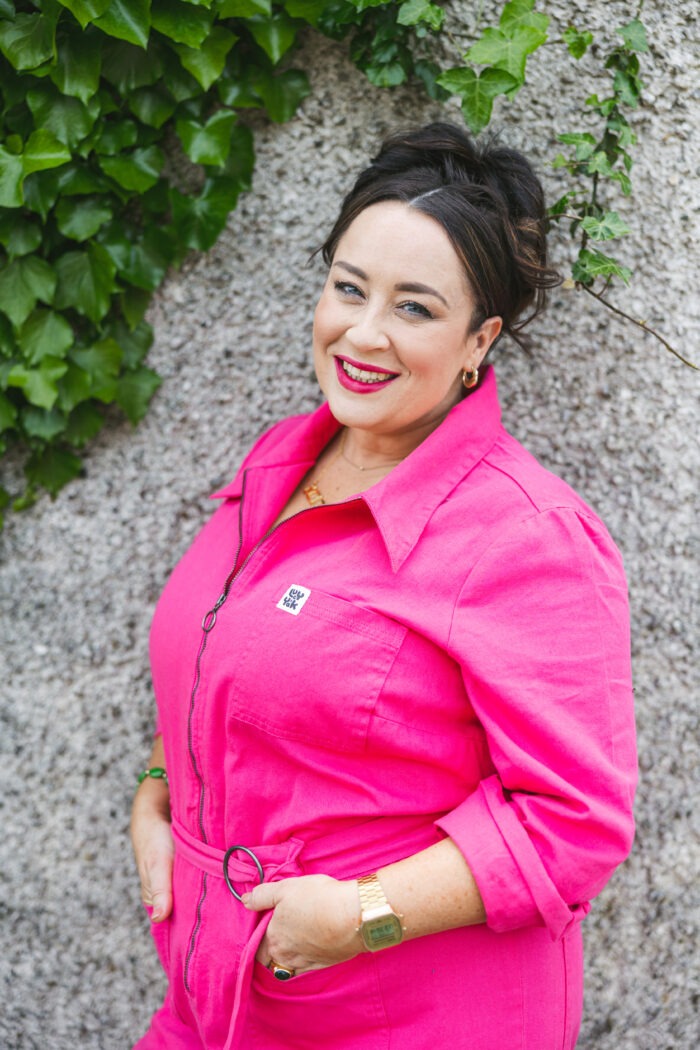
Feebee Foran is well known for her role as the resident forager on Ireland AM on Virgin Media TV. She is also the owner of Forager, a natural skincare brand that aims to make the most of the natural medicine included in wild Irish weeds.
The company, founded in 2021, has developed a collection of small-batch balms and creams that aims to help people heal and feel through the “beauty and medicinal goodness of native wild Irish weeds, giving a hat tip to old Irish remedies and the folklore that surround them.”
Foran graduated with an honours journalism and media studies degree from Griffith College Dublin, which kickstarted a career in storytelling. She spent over 20 years working with mainly small domestic businesses across the areas of brand identity, communications, and marketing.
Forager is the result of a passion project for Foran that began during the Covid-19 pandemic. She began making balms in her kitchen during the lockdown in 2021 and that has now swollen into a business with over 70 stockists across the country and a “growing foothold in the US”.
The company already has numerous awards to its name, including the Green Sustainability Award 2023 from the Local Enterprise Office.
“Moving forward, I aim to develop the Forager presence and this heritage healing craft to a broader audience in the USA and EU,” Foran said.
She added that there were plans to add as many as six new roles to the company over the next five years, half of which would be in business development with the other half in operations and administration.
“I foresee Forager becoming not only a strong export brand, but creating products using foraged plants in specific countries. The scope is fully global,” she said.
Framespace: Speeding up construction
Longford company Framespace has become a leading steel frame modular provider in the Irish residential market. The business, which was founded in 2016 before it was acquired by its current shareholders in 2019, now employs over 80 people and reports revenues in excess of €25 million.
The company provides off-site manufacturing in light-gauge steel, which it claims can speed up construction times by between 20 per cent and 40 per cent. Each project goes through four different phases before they are delivered to the customer. First is the design and engineering phase, which is done through 3D modelling. That’s followed by a precision manufacturing phase before it is installed and assembled on-site. After that, the building structure is brought through a fit-out and handover process.
The company is headed up by CEO Declan Murtagh, who joined in 2020 having worked in the construction industry for 25 years, including 10 years in the off-site modular market.
“Framespace are disrupters in the Irish construction sector, utilising proven technologies in an innovative way to provide a high quality, fast-tracked solution to help meet Ireland’s housing needs,” Murtagh said. “While primarily focused on the Irish residential market, we recently begun to explore opportunities in the pharma and life science sectors where high-quality fast-tracked solutions are required.”
The company has identified cash flow and funding to enter the growth stage as the key challenge facing it right now. Framespace has designs to grow into a company with revenues of €100 million and double-digit Ebitda within five years. During that period, it also plans to add 100 new jobs.
